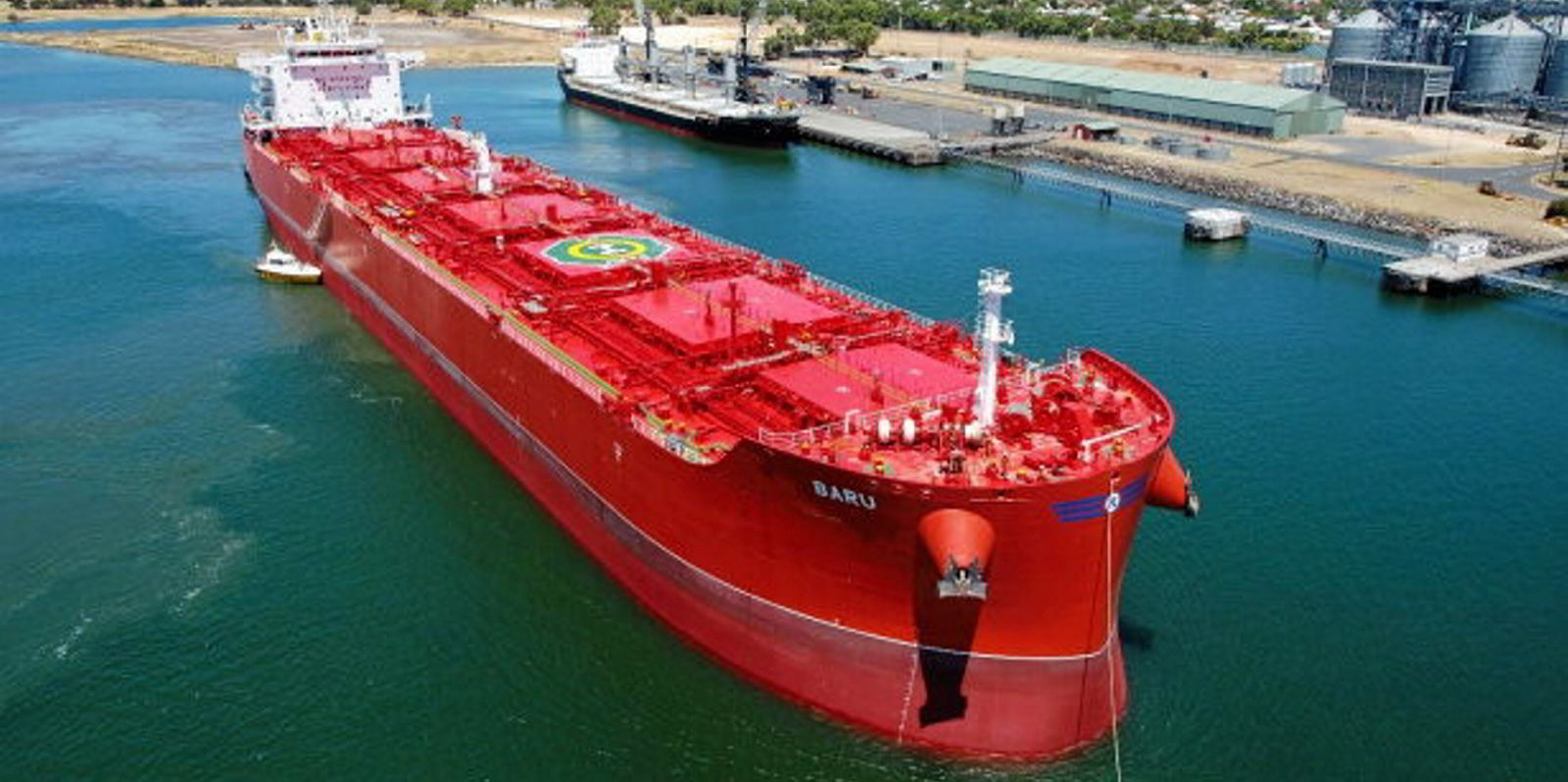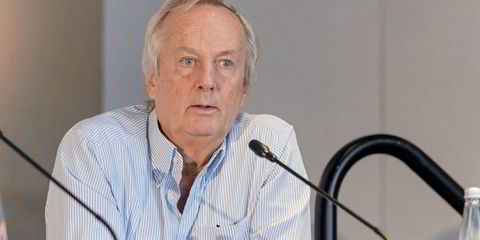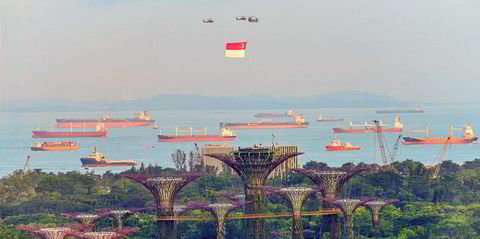Torvald Klaveness has ordered its bulkers and combination carriers to stay away from Russian ports following the invasion of Ukraine.
New chief executive Ernst Meyer recognises this has taken business away from the fleet, but there has been a short-term boost to rates as a result of the disruption.
“We have decided to not enter any Russian ports. We try as best we can to stick to that,” the CEO told TradeWinds.
The group can control that with its own vessels, but with its pool and chartering operations, the situation is more complicated, Meyer admits.
The company has less control over third-parties, but so far has not been overly challenged on the matter.
“But we have that as a company policy. It is taking away business opportunities,” he said.
He describes Russia and Ukraine as important markets for trade, including the food and energy sectors served by Klaveness’ bulkers and combination carriers.
“Short-term we see positive effects,” Meyer added. “It has caused congestion, new routes, and the duration of voyages has changed.”
Most shipping companies are gaining from the situation, with freight rates rising, the CEO said.
“Long-term, I’m not so sure it’s as good for us if world trade is coming down and recessions are to be seen,” Meyer added.
The Klaveness boss also pointed out that fuel prices are extremely volatile.
“Maybe volatility is the key word for the market,” he said. “There is scope for big gains and also scope for big losses.”
The impact of the Ukraine conflict has been simplified for Klaveness because the group has no Ukrainian or Russian seafarers on its own vessels.




